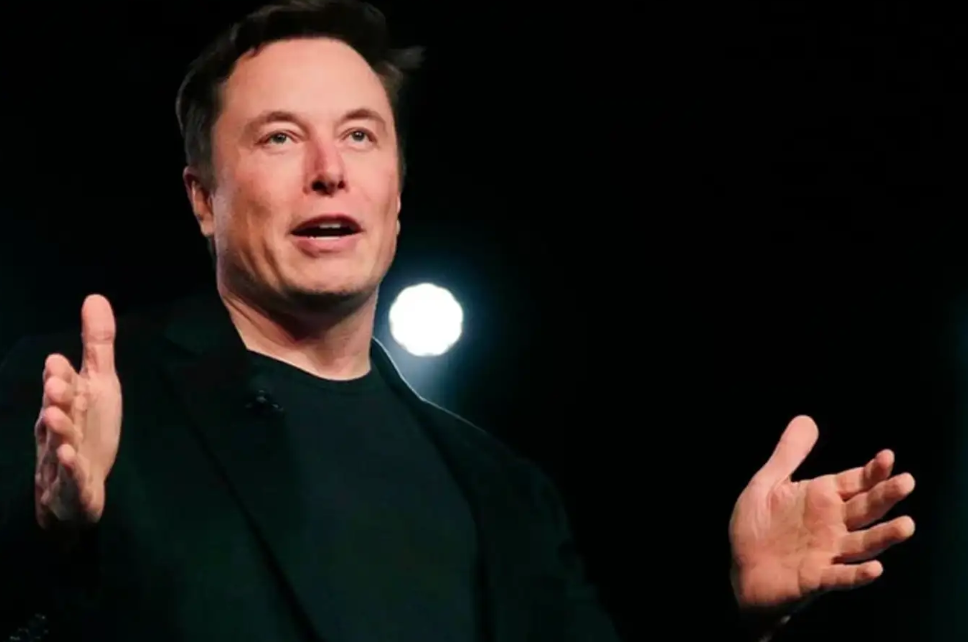Musk Eager to Slash Federal Government Spending

If Elon Musk steps into a U.S. government role following a potential Donald Trump win in November, it would continue the trend of billionaires entering public office.
Figures like the late Vice President Nelson Rockefeller, former New York City Mayor Michael Bloomberg, Illinois Governor JB Pritzker, and even former President Trump exemplify how the wealthy have often assumed leadership roles in the U.S., both in Washington, D.C., and state governments.
As election day approaches with polls showing a tight race, Musk is emerging as a serious candidate for a position in Trump’s administration. The Republican candidate hinted that the tech mogul could serve as the so-called “Secretary of Cost Cutting.”
Trump, who transitioned to politics after a long career in real estate, has shown a preference for appointing wealthy individuals from private enterprise.
During his initial term, Trump appointed five Cabinet members with substantial business backgrounds, including former Exxon Mobil CEO Rex Tillerson, billionaire philanthropist Betsy DeVos, and Linda McMahon, previously the CEO of World Wrestling Entertainment.
As the world's wealthiest individual, Musk has long been vocal about the need to cut back government expenses, though he has yet to provide detailed plans on which areas to target.
At a Trump rally held in Madison Square Garden on Sunday, Musk, CEO of Tesla and SpaceX, asserted that the federal budget could be trimmed by “at least” $2 trillion.
“Your money is being wasted, and the Department of Government Efficiency is going to fix that,” Musk stated in response to a question from Howard Lutnick, CEO of Wall Street firm Cantor Fitzgerald and a Trump transition team member. When asked how much he could “rip out” of the budget, Musk added: “We’re going to get the government off your back and out of your pocketbook.”
Reducing spending by this amount—nearly one-third of the $6.75 trillion federal budget last year—would likely necessitate significant cuts in areas traditionally avoided by both political parties, such as Social Security, healthcare, veterans’ benefits, and defense.
Musk has acknowledged that such drastic spending cuts would bring about economic challenges.
He responded “sounds about right” on X to a post predicting an “initial severe overreaction in the economy” and forecasting that “markets will tumble.”
While political pledges to cut wasteful spending are common, a businessman like Musk overseeing a dedicated department for government efficiency would be unprecedented, according to Bruce Schulman, a history professor at Boston University.
Candidates with business credentials, like former President George W. Bush and Mitt Romney, generally have experience in public service before seeking the highest federal offices.
Historically, commissions aimed at reducing government waste—such as the Hoover Commission led by President Herbert Hoover and the National Partnership for Reinventing Government under Vice President Al Gore—were typically overseen by seasoned officials.
Schulman noted that, although both parties have pushed for waste reduction initiatives, these efforts have largely been “political show.”
“These efforts have had marginal effects, and mostly been for political show. But overall, both the size of the federal government in number of employees and in terms of spending have been flat for a long time even though the U.S. population has increased dramatically. The federal government is much leaner than it was in the 1960s/70s,” Schulman explained to Al Jazeera.
A Cabinet role would likely appeal to Musk, who has become a prominent and influential Trump supporter since the attempted assassination of the former president in July, according to the outlet.